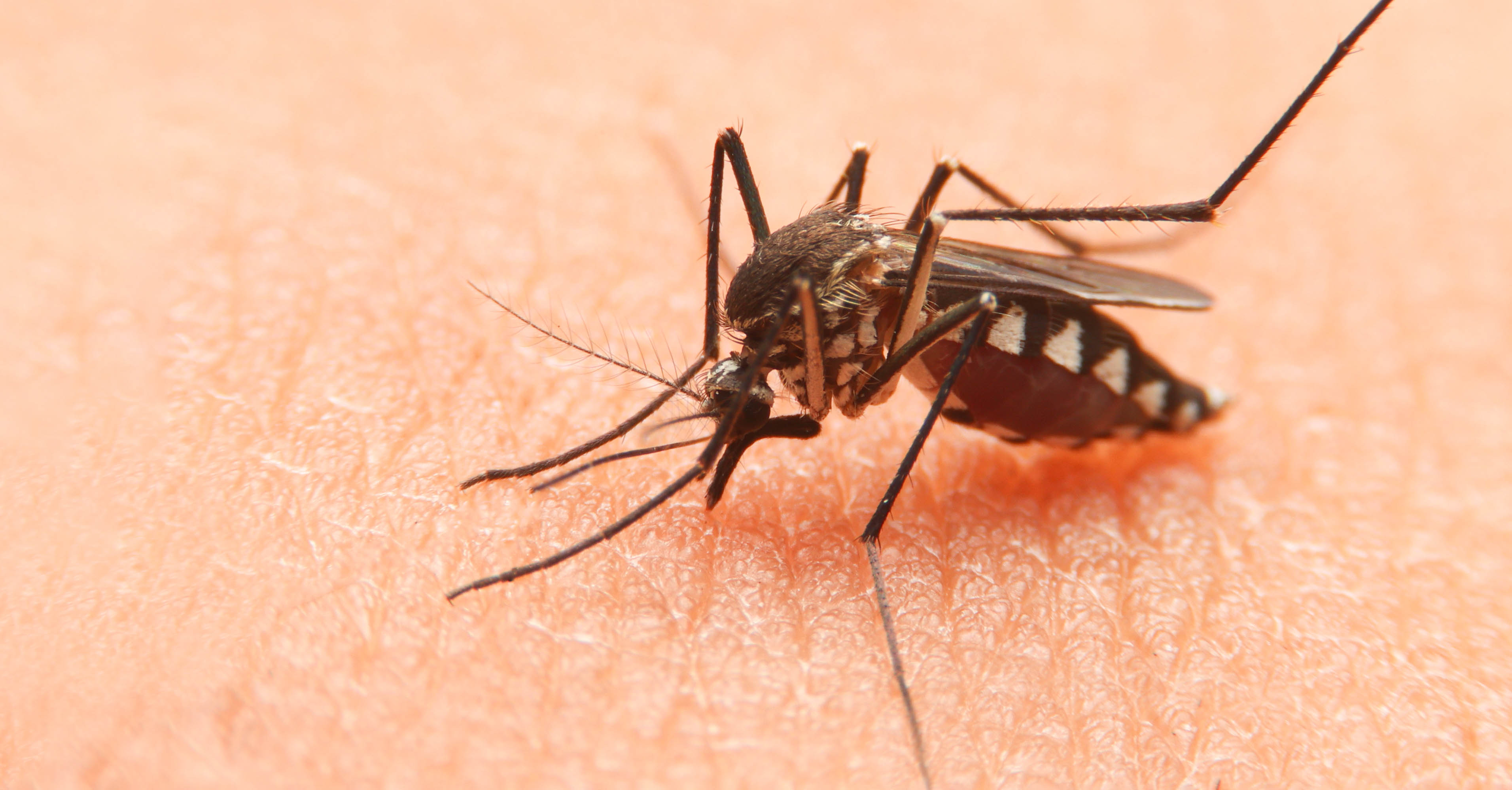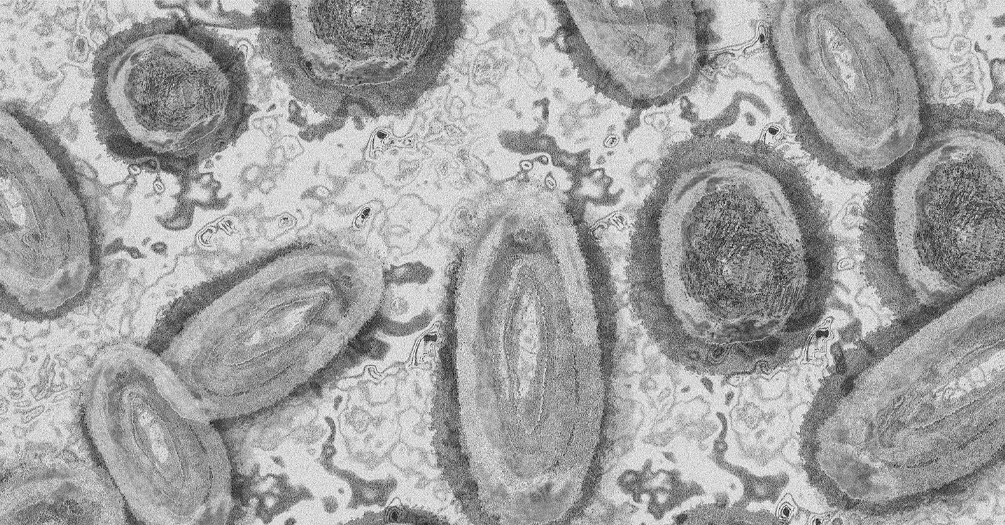Faculty Profile

Andrew F Brouwer, PhD, MS, MA
- Assistant Professor, Epidemiology
Dr. Brouwer’s research focuses on mathematical and statistical modeling for inference in epidemiology, with the goal of making the most of data for the benefit of public health. He is an expert in methods that address questions of parameter identifiability, estimation, and uncertainty. These inference methods are fundamental to epidemiology, and science more broadly, because careful analyses of what can be estimated and how well it can be estimated are key to making supported conclusions with public health impact. Informed by his interdisciplinary background in mathematics and statistics, environmental science and engineering, and epidemiology, his research spans a growing constellation of application areas, including infectious disease, cancer, and tobacco control. Though these areas may seem disparate at first glance, Dr. Brouwer’s work is united by the use of mechanistic frameworks as a lens to interpret real data, a focus on longitudinal patterns and dynamics, and by a quantitative toolset that includes differential equation models, multistate transition models, and age–period–cohort models.
- PhD, Applied and Interdisciplinary Mathematics, University of Michigan, 2015
- M.A., Statistics, University of Michigan, 2015
- M.S., Applied and Interdisciplinary Mathematics, University of Michigan, 2013
- M.S., Environmental Science and Engineering, Clarkson University, 2011
- M.A., Mathematics, SUNY College at Potsdam, 2009
- B.A., Mathematics, Chemistry, SUNY College at Potsdam, 2009
Research Interests:
Mechanistic modeling, infectious disease transmission modeling, cancer prevention,
incidence, and survival, tobacco control, transition analysis, gender-minority health
Research Projects:
The role of the environment in infectious disease transmission. Dr. Brouwer brings
an infectious disease transmission modeling approach to pathogens transmitted through
the environment. This work ranges from robust consideration of dose-response function
to environmental/wastewater surveillance to analysis of water, sanitation, and hygiene
(WASH) trials.
Infectious disease outbreaks, response, and epidemiology. Dr. Brouwer worked with the Michigan Department of Health and Human Services to model the Hepatitis A and COVID-19 outbreaks, supporting response and public health policy. Dr. Brouwer has also worked on projects ranging from modeling influenza antibodies to respiratory virus surveillance in decedents.
The human papillomavirus and associated cancers. Dr. Brouwer has investigated the epidemiology HPV as a multisite pathogen (infecting genital, oral, and anal mucosa) and has analyzed HPV-associated head and neck cancers using multistage clonal expansion models, time-varying survival models, and others.
Cancer prevention in gender minority populations. As an extension of his HPV work, Dr. Brouwer led a study investigating multisite prevalence of HPV in transgender and nonbinary people assigned female at birth and the potential for at-home self-screening to reduce barriers to cancer screening.
Trends and transitions in tobacco product use. Using multistate transition models, Dr. Brouwer analyzes the factors that impact transitions in cigarettes and e-cigarettes. For example, this work highlighted racial and ethnic differences in the impact of menthol on smoking cessation, supporting the FDA's proposed ban on menthol flavoring in cigarettes.
Van Wyk H, Eisenberg JNS, Brouwer AF. (2023). Long-term projections of the impacts of warming temperatures on Zika and dengue risk
in four Brazilian cities using a temperature-dependent basic reproduction number. PLOS Neglected Tropical Diseases. https://pubmed.ncbi.nlm.nih.gov/37104296/
Brouwer AF, Eisenberg MC, Bakker KM, Boerger SN, Zahid MH, Freeman MC, Eisenberg JNS. (2022).
Leveraging infectious disease models to interpret randomized controlled trials: controlling
enteric pathogen transmission through water, sanitation, and hygiene interventions. PLOS Computational Biology. https://pubmed.ncbi.nlm.nih.gov/36469517/
Brouwer AF, Balmaseda A, Gresh L, Patel M, Ojeda S, Schiller AJ, Lopez R, Webby RJ, Nelson MI,
Kuan G, Gordon A. (2022). Birth cohort relative to an influenza A virus's antigenic cluster introduction drives
patterns of children's antibody titers. PLOS Pathogens. https://pubmed.ncbi.nlm.nih.gov/35192673/
Brouwer AF, Jeon J, Hirschtick JL, Jimenez-Mendoza E, Mistry R, Bondarenko IV, Land SR, Holford TR, Levy DT, Taylor JMG, Fleischer NL, Meza R. (2020). Transitions between cigarette, ENDS, and dual use in adults in the PATH study (Waves 1-4): multistate transition modeling accounting for complex survey design. Tobacco Control. https://pubmed.ncbi.nlm.nih.gov/33199541/
Brouwer AF, Myers JL, Martin ET, Konopka KE, Lauring AS, Eisenberg MC, Lephart PR, Nguyen T,
Jaworski A, Schmidt CJ. (2020). Severe Acute Respiratory Syndrome Coronavirus 2 Surveillance in Decedents in a Large,
Urban Medical Examiner's Office. Clinical Infectious Diseases. https://pubmed.ncbi.nlm.nih.gov/32877923
Brouwer AF, He K, Chinn SB, Mondul AM, Chapman CH, Ryser MD, Banerjee M, Eisenberg MC, Meza
R, Taylor JMG. (2020). Time-varying survival effects for squamous cell carcinomas at oropharyngeal and non-oropharyngeal
head and neck sites in the United States, 1973–2015. Cancer. https://pubmed.ncbi.nlm.nih.gov/32888317/
Brouwer AF, Meza R, Eisenberg MC. (2019). Integrating measures of viral prevalence and seroprevalence: a mechanistic modeling approach to explaining cohort patterns of HPV in women in the U.S. Journal of the Royal Society: Philosophical Transactions B. https://pubmed.ncbi.nlm.nih.gov/30955488/
Brouwer AF, Eisenberg JNS, Pomeroy CD, Shulman LM, Hindiyeh M, Manor Y, Grotto I, Koopman JS, Eisenberg MC. (2018). Epidemiology of the silent polio outbreak in Rahat, Israel based on modeling of environmental surveillance data. Proceedings of the National Academy of Science. https://pubmed.ncbi.nlm.nih.gov/30337479/
Brouwer AF, Eisenberg MC, Meza R. (2018). Case Studies of Gastric, Lung, and Oral Cancer Connect Etiologic Agent Prevalence to Cancer Incidence. Cancer Research. https://pubmed.ncbi.nlm.nih.gov/29907681/
View a full list of publications at Google Scholar. https://scholar.google.com/citations?user=PJAQ7AQAAAAJandhl=en
Email: [email protected]
Address: M5073 SPH II
1415 Washington Heights
Ann Arbor, MI 48109
For media inquiries: [email protected]
Areas of Expertise: Biostatistics, Cancer, COVID-19, Global Public Health, Infectious Disease, LGBT Health, Modeling, Respiratory Viruses, Substance Use, Tobacco



